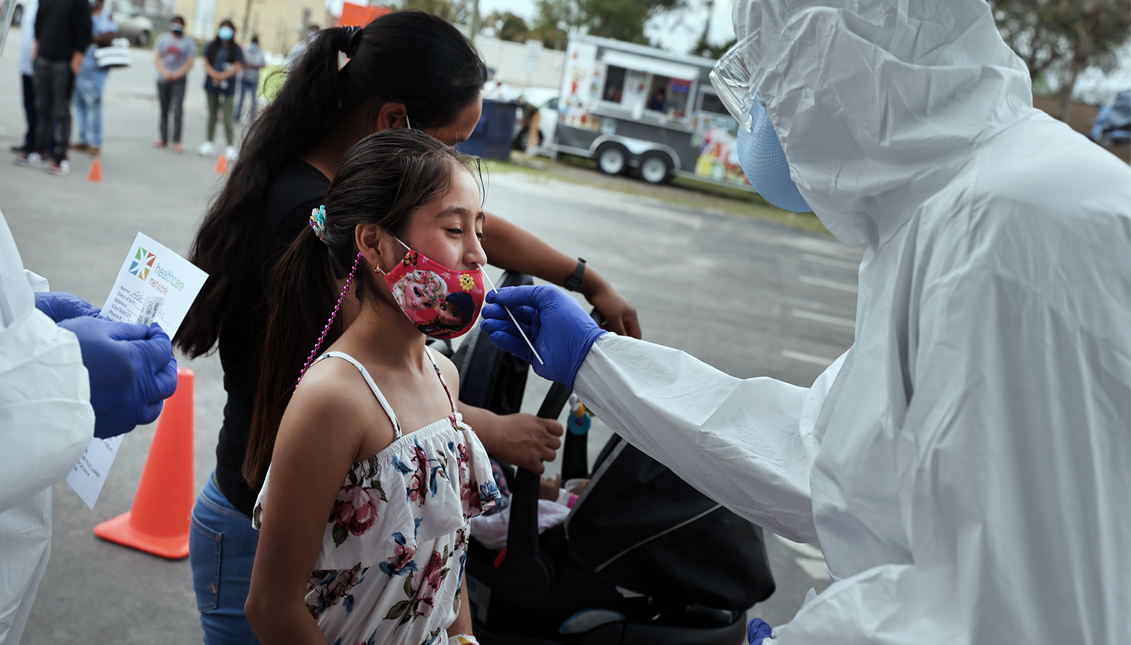
The Danger of Vaccine Hesitancy
Refusing vaccination has long caused preventable outbreaks of diseases.
Vaccine hesitancy is nothing new. It has been leading to preventable outbreaks of diseases for decades.
Measles is a highly infectious disease that causes a high fever and a severe rash throughout the body. An effective vaccine was developed in the 1960s. The widespread uptake of this vaccine substantially reduced the incidence of measles in the United States and throughout the world.
In 2019, more than 1,200 cases of measles were reported in the United States, ten times the amount reported only two years earlier. Most of those infected with the disease are from communities where there has been resistance to vaccinations.
Doctors and public health officials have treated patients suffering due to similar preventable outbreaks of whooping cough and meningococcal disease in recent years.
Countless people in the Latinx community are currently hesitant to get vaccinated for COVID-19. This has many reasons, including suspicion of the medical establishment and widespread misinformation on social media.
RELATED CONTENT
The concept of “herd immunity” has been widely discussed since the beginning of the vaccine. Herd immunity is when enough people have either been vaccinated against or infected with a disease that most people in a community have some protection through antibodies against the virus.
Many people question why they should get the COVID-19 vaccine when the population will eventually have herd immunity, causing the end of the pandemic and the resumption of “normal life.”
Many people question why they should get the COVID-19 vaccine when the population will eventually have herd immunity, causing the end of the pandemic and the resumption of “normal life.”
However, even as more and more people become protected against the COVID-19 virus, you and your family can still be infected as long as you and your family are not vaccinated.
Today, the once-fearsome paralyzing disease of polio has been eradicated in the Americas as a result of a massive public health campaign beginning in the 1980s that vaccinated millions of children. The last case was in a small Peruvian village in 1991. Thirty years later, Luis Fermín Tenorio Cortez still lacks mobility in his legs due to the infection.
You do not want to risk being the last person to get COVID-19, a disease that has killed almost half a million people in the United States. Even if you survive, scientists are only beginning to understand the long-term effects of the disease.
As soon as a dose becomes available, getting vaccinated is the only way to keep you and your family safe. In the meantime, continue to follow the CDC’s guidance of wearing a mask in public places, staying at least six feet away from other people, frequently washing your hands, and avoiding crowded places.










LEAVE A COMMENT: